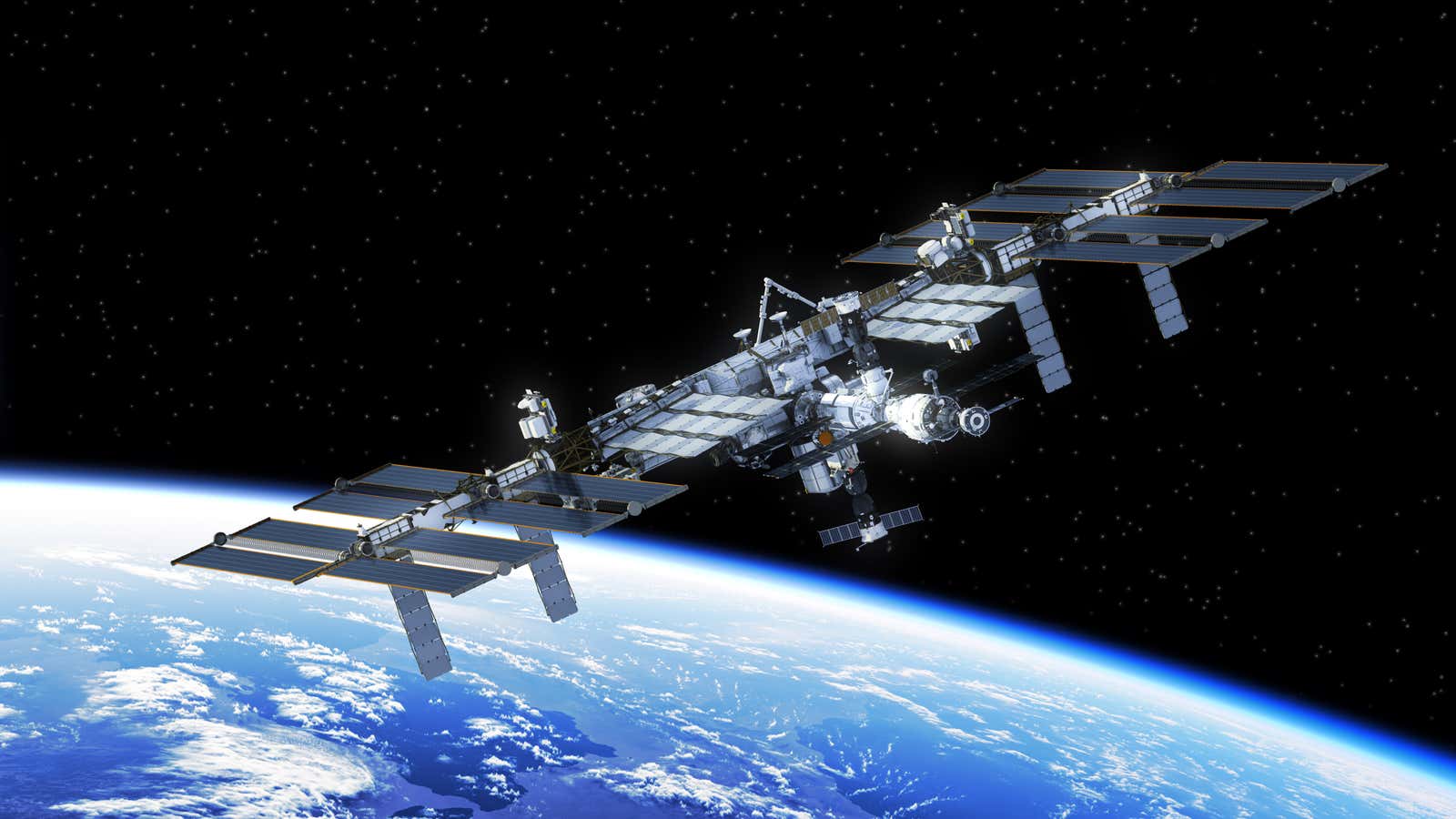How to Deal With Isolation, According to the Astronaut

Feeling stressed and lonely? Of course. Now imagine living in an enclosed space no larger than your average apartment, two hundred and fifty miles above the Earth for six months to a year.
For astronauts, there will be no walks in the neighborhood, weekly trips to the grocery store, or takeaway from their favorite restaurant. Depending on the mission, you can also share this small space with up to five other people, while carrying out your work duties, scheduled down to the minute and under constant supervision.
As a result, astronauts have developed strategies for coping with times of stress and isolation, some of which are applicable to our current situation.
We were able to speak with D. Marshall Porterfield , professor of agricultural and biological engineering at Purdue University. Porterfield served for five years as Director of NASA’s Space Life and Physics Division, during which he worked with astronauts living in limited conditions.
Here are some of his recommendations:
Develop a daily routine
“The crew members have a strict schedule of daily activities,” says Porterfield. For astronauts, the schedule is in five-minute increments and includes maintenance work, experimentation, and training and outreach. This strict schedule helps astronauts maintain a normal lifestyle as well as structure their day.
“If you work from home, it’s important to maintain a normal schedule,” says Porterfield. This includes trying to stick to a regular schedule as much as possible that includes time with family as well as time for fitness.
Stay active
Astronauts need to exercise up to two hours a day. One reason is that living in low-gravity conditions causes people to lose muscle mass as well as bone density. Of course, physical fitness has additional benefits. one of which is that it helps to minimize depression.
If you don’t have a regular workout yet, “now is a good time to start,” says Porterfield. Gyms may be closed, but there are a number of procedures you can do at home . Find what works for you and take the time to do it.
Call, text or send SMS with friends and family
Astronauts aboard the ISS are thousands of miles from their loved ones, but have the ability to call and send emails back home, which helps them stay connected.
“If you know someone is on their own, it’s important to make a phone call, write an email, just let them know what you think of them,” says Porterfield. “These interactions are very effective.”
Have a purpose
As Porterfield notes, having a goal helps. “The crew members know that what they do together is for a greater good, that their work will bring results that will advance humanity in terms of the space program.”
People who stay at home have a different goal, but no less important. Maintaining physical distance means slowing the spread of COVID-19, so we can avoid overwhelming the healthcare system. Maintaining physical distance means less chances of a loved one getting sick. Keeping a physical distance means that if a loved one gets sick, they will have enough resources to get the help they need.
“We have a mission. We’re trying to flatten the curve, ”says Porterfield. “We’re all in this together.”